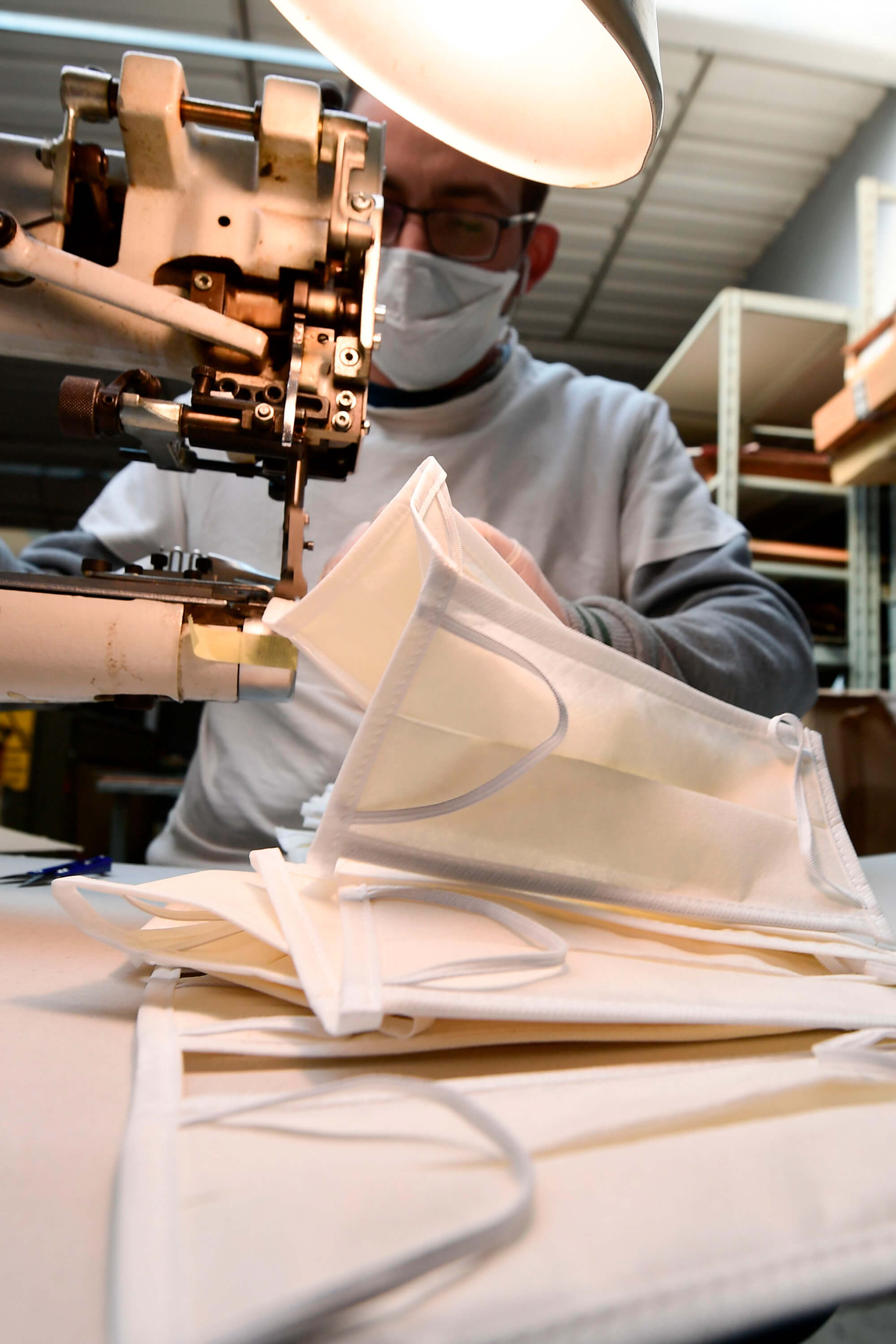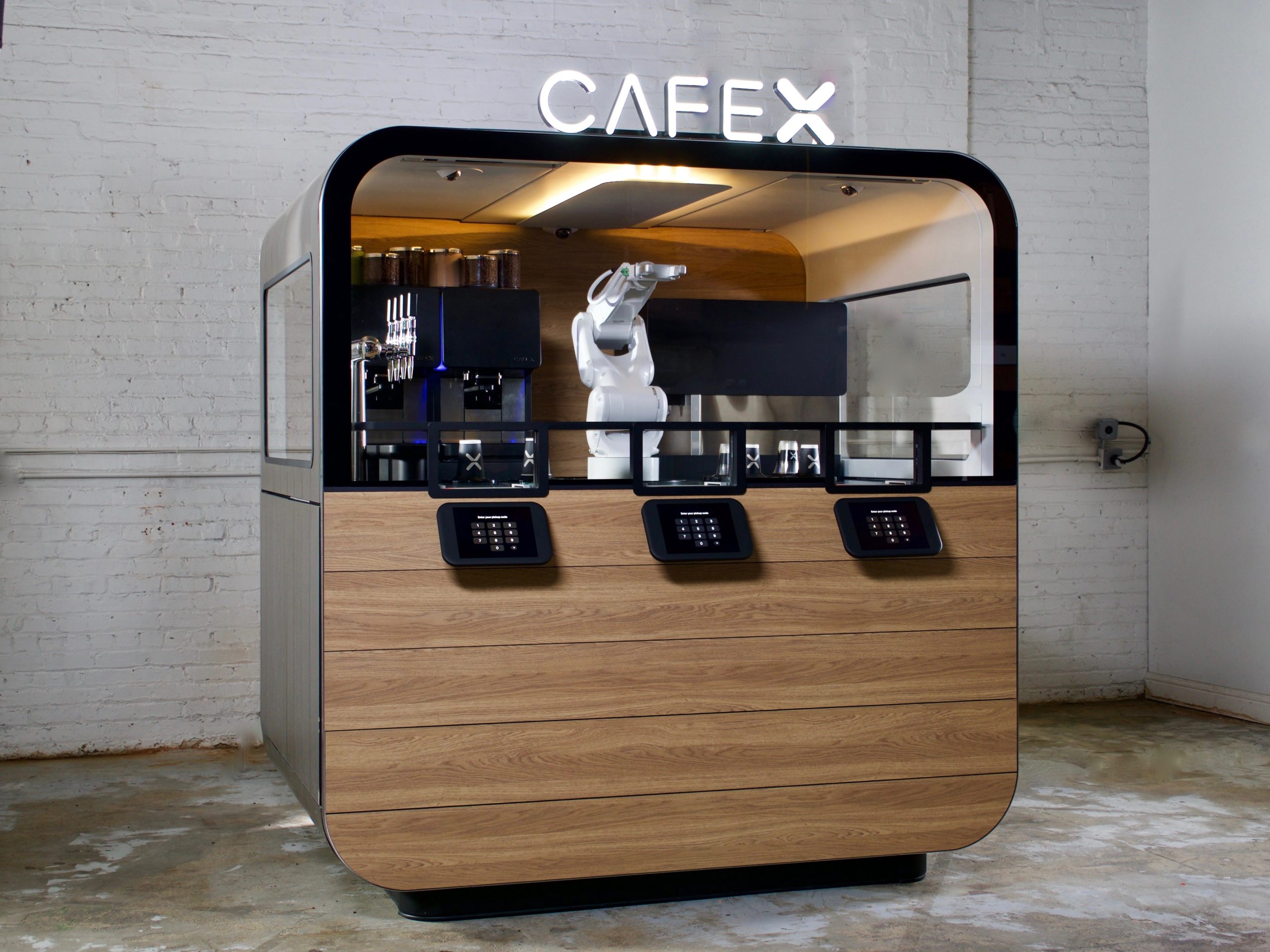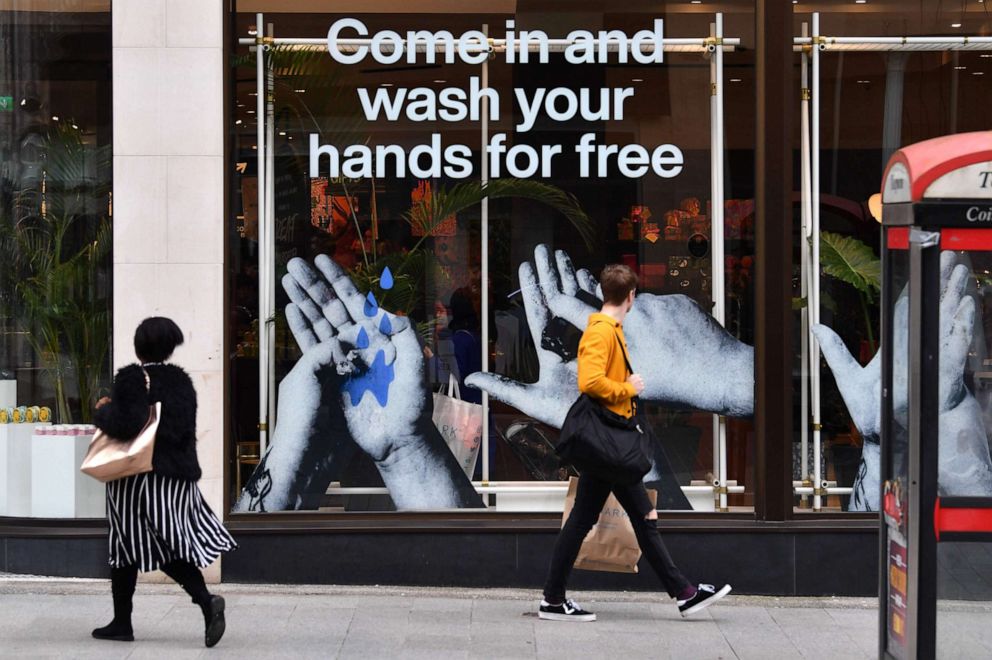In a matter of weeks, coronavirus drastically altered our daily routines, leaving cities that were not long ago packed with people, uncomfortably roaring with a void. While the pandemic profoundly meddles in every segment of our daily lives, busy daily commutes, office work, and casual weekend shopping seem like a distant, yet beautiful memory.
Instead of our usual shopping routine, the later has been superseded with panic buying and long queues. And what about the apparel industry? Consisting mainly of non-essential goods, the industry has been heavily hit, sales largely plummeting. In March 2020, Morgan Stanley analysts noted a painful fall in traffic: 9.1% in retail and 14.7% in luxury retail. While relying on huge volumes of consumption to survive, the pressure on retailers to cope with COVID-19 are high.
When the French luxury powerhouse LVMH closed its doors and stopped its perfume and cosmetics production to focus on making hand sanitizers, it became official: the fashion industry is moving into crisis mode. Although big conglomerates will undoubtedly suffer, it is small businesses, who, without a strong cash flow, will be particularly hit. With the closure of brick-and-mortars and staff at risk of layoffs, many small retailers are looking for innovative ways to keep their customers engaged: from offering free deliveries and discounts, to personal styling tips and vouchers.

In our last blog, we’ve covered in-depth the effects of COVID-19 on the retail industry. But what will happen once the coronavirus is over? Will we see a shift in the retail supply chain and a complete shift to digital? What will happen to big-box retailers and will skilled, local artisans survive and thrive? Will luxury retailers painfully hit rock bottom or will they find a way to reinvent themselves? Although there is no right answer but assumptions of what might happen once the pandemic is over, we’ve gathered some common expectations that might shape the post-coronavirus retail industry.
New Technologies that Reduce Human Contact
Scientists warn that the coronavirus is just the start of many pandemics that will impose an immediate threat to humankind. If humans continue the practice of destroying diverse ecosystems through deforestation and pollution, they are at risk of being attacked by pathogens they haven’t yet been exposed to.
As pandemics won’t be uncommon in the future, many companies might turn to technologies that reduce unnecessary contact between humans. One such example is a checkout-free store ( We have previously written about robotic checkouts in stores, and you can read more about it here). In Shanghai, we are already witnessing openings of cashierless retail stores, and with the news that coronavirus could potentially stay on the surface for up to 72 hours (depending on material), many countries worldwide are urged to introduce contactless payments. With this in mind, we could expect a surge of new networks and wallet providers that promote increased safety as their marketing advantage.

To minimize contact while delivering e-commerce goods, China is already experimenting with contactless solutions including vehicles and drone delivery. The use of robots to transport goods or guide individuals is already in place, opening up a window of opportunities for tech that automates processes.
Potential rebound of luxury retail?
Every time after a period of hardship including World War II, 9/11 and the most recent Great Recession, an interesting thing happened: people turned to luxury shopping to fight against worry and anxiety. Being emotional buys, luxury items quickly help lift our mood, and indulging in some luxury shopping, the beautiful part of fashion would make many feel better. According to Hermès International CEO Axel Dumas, this might also be the case once the coronavirus pandemic is over, forecasting a potential normalization once the standard operations are resumed.
Although many hope for the ‘rebound effect’, some warn that the COVID-19 pandemic should not be compared to the previous cases. If one thing is for sure, it is that the current crisis has reminded everyone, from individuals to businesses, about the critical importance of having an emergency fund. In China, the center for luxury spending, we are instead already witnessing greater attention on the importance of saving, emphasizing a shift in consumer sentiment towards non-essential goods.
Redefined business models
With no limitation on products that can be purchased and no face-to-face contact, digital commerce is indeed a beneficiary of the pandemic. According to Ahold Delhaize, a large percentage of 60+ customers are turning to online, creating new marketing opportunities that target the novel users.
With the so-called ‘stay-at-home’ economy and social distancing present, many might revalue whether, even when the outbreak is over, working from the office is truly necessary. With yet another reason to stay home, e-commerce retailers as Amazon might greatly benefit.
As COVID-19 slows down everything, halting the frantic production of consumer goods, some look at it from the bright side. Locked inside, many will start re-evaluating their business models, their work, and the values they portray. According to Business of Fashion, using standard marketing strategies after a harsh psychological effect the virus had on people, simply won’t work. Hence, in the future, we could witness a shift towards authentic, community-driven marketing that emphasizes the quality, eco-friendliness and usefulness of a product as its core values.

Shift to sustainability and local production
The virus, believed to have originated from wild animal trading in Wuhan, sparked worldwide outrage, further fueling the rage over practices that are harmful to our ecosystem.
Since the pandemic affected not only our environment but human wellbeing, a shift in the perception that sustainability is mandatory not only for nature but for our survival, could happen. Constantly being reminded by the media of the importance of maintaining a healthy lifestyle, this could likely reflect on our consumer behavior. Hence, people will probably opt for products that encourage not only a healthier lifestyle, but also more sustainable, eco-friendly retail. Furthermore, as the pandemic emphasized the risks for manufacturers to rely only on China for buying and producing goods, we could expect an increased interest and growth of local production.
The pandemic being deeply intertwined in every aspect of our lives, we will indeed witness a huge shift in the post-pandemic period. What exactly will the outcome be - no one knows. Left with assumptions and a slight dose of anxiety, we hope for the best.